How Do Warehouse Electric Pallet Trucks Compare to Manual Pallet Trucks?
In the world of warehouse logistics and material handling, choosing the right type of pallet truck can significantly impact operational efficiency, safety, and ...
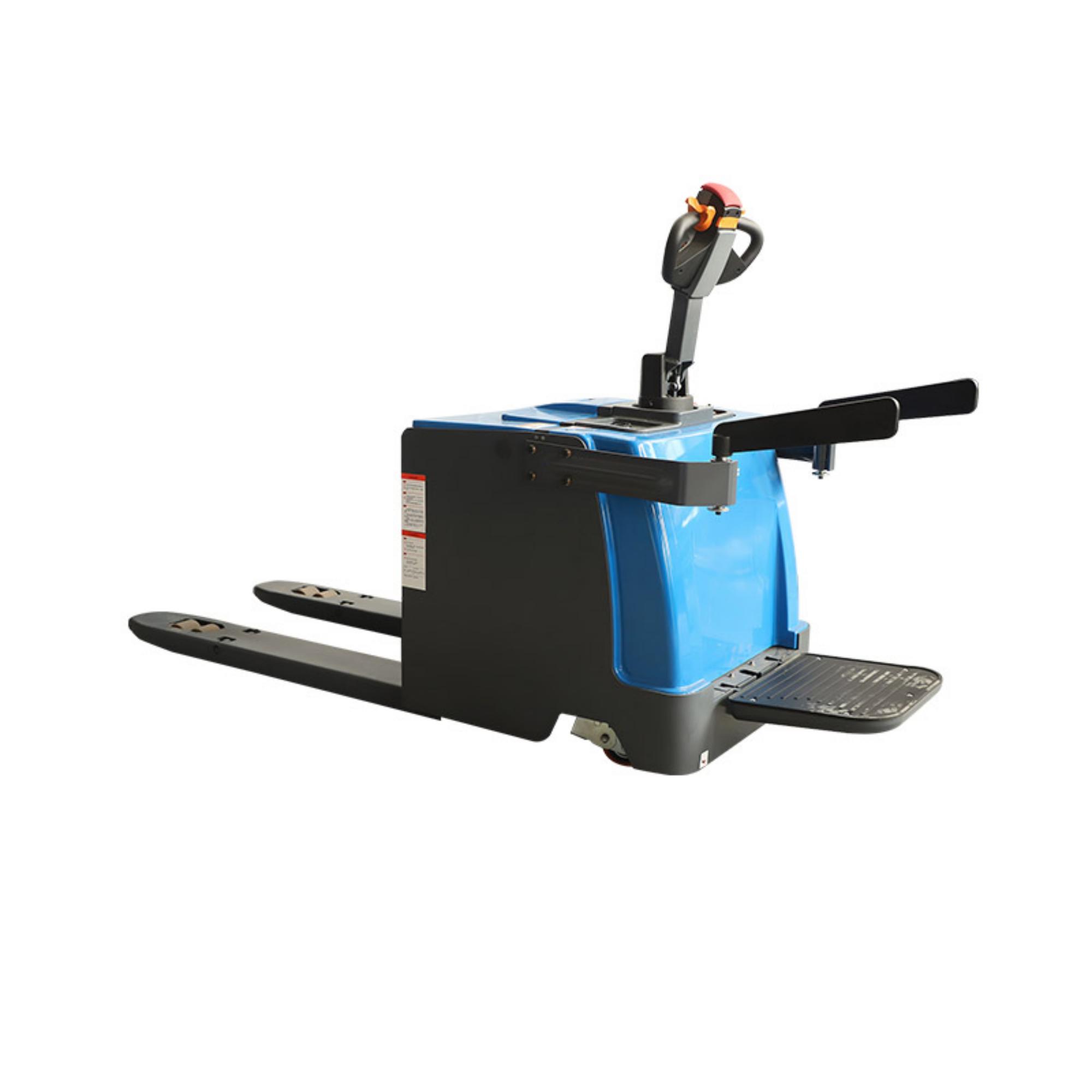 Jan 29,2026
Jan 29,2026
In the world of warehouse logistics and material handling, choosing the right type of pallet truck can significantly impact operational efficiency, safety, and ...
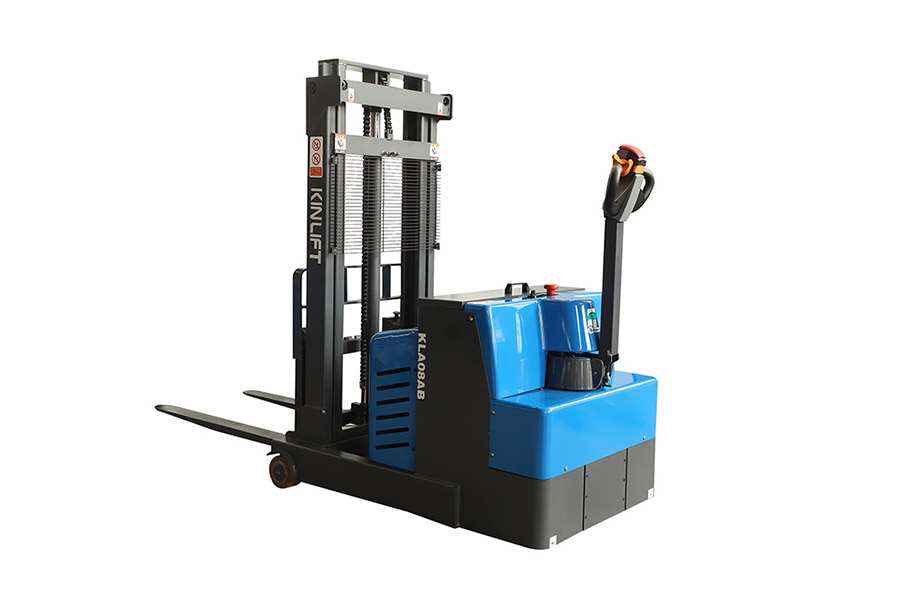 Jan 22,2026
Jan 22,2026
Introduction Electric counterbalance forklifts are widely used in a variety of industries, offering versatility and efficiency in material handling tasks. As es...
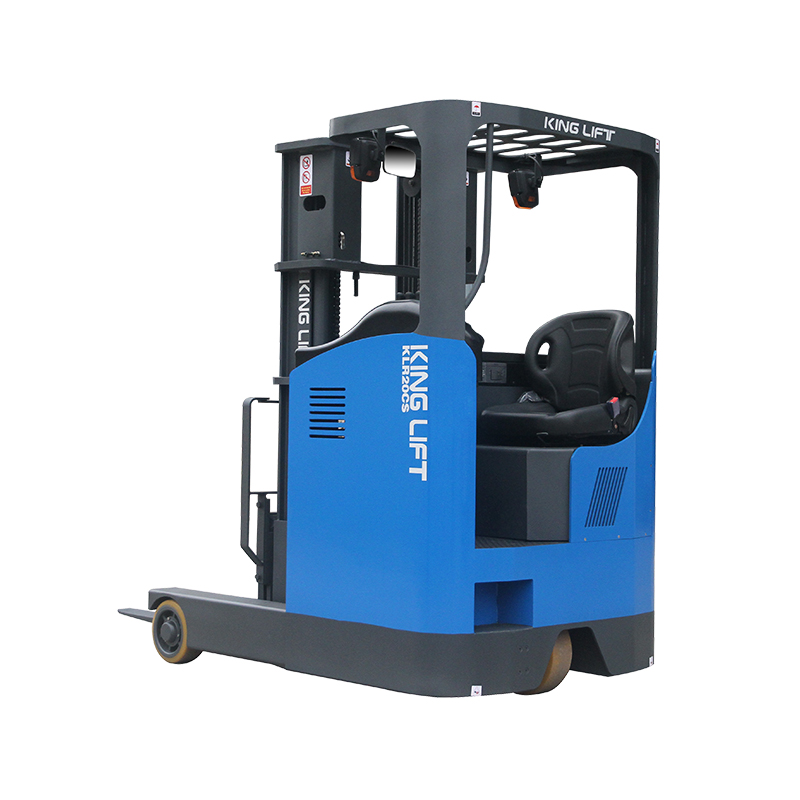 Jan 15,2026
Jan 15,2026
Introduction As modern warehouses continue to evolve toward higher efficiency, automation, and sustainability, electric material handling equipment has become c...
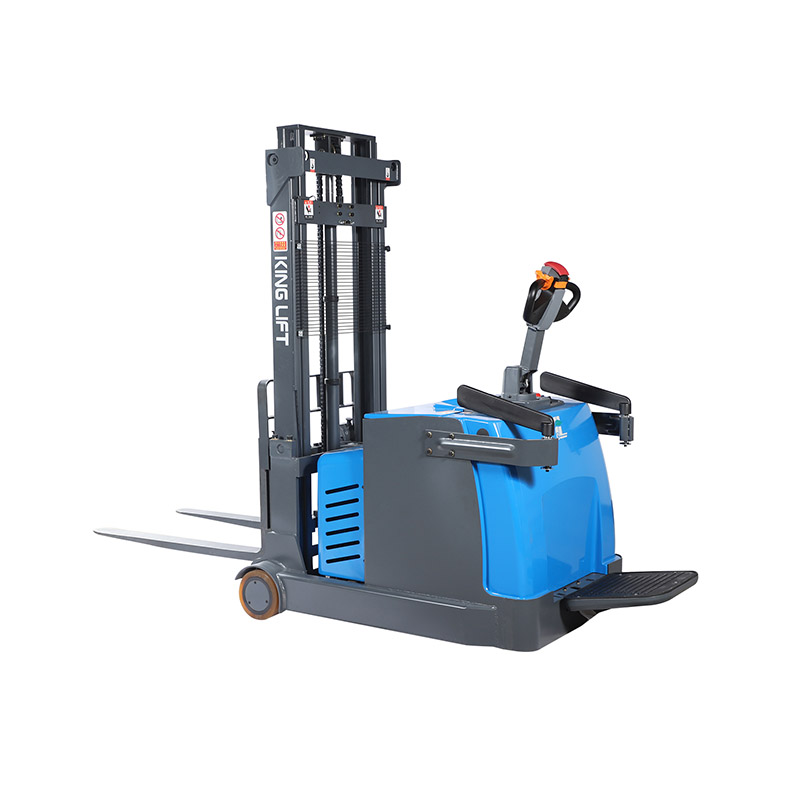 Jan 08,2026
Jan 08,2026
Introduction Electric counterbalance forklifts are crucial in various industries due to their efficiency, environmental benefits, and ability to operate in conf...
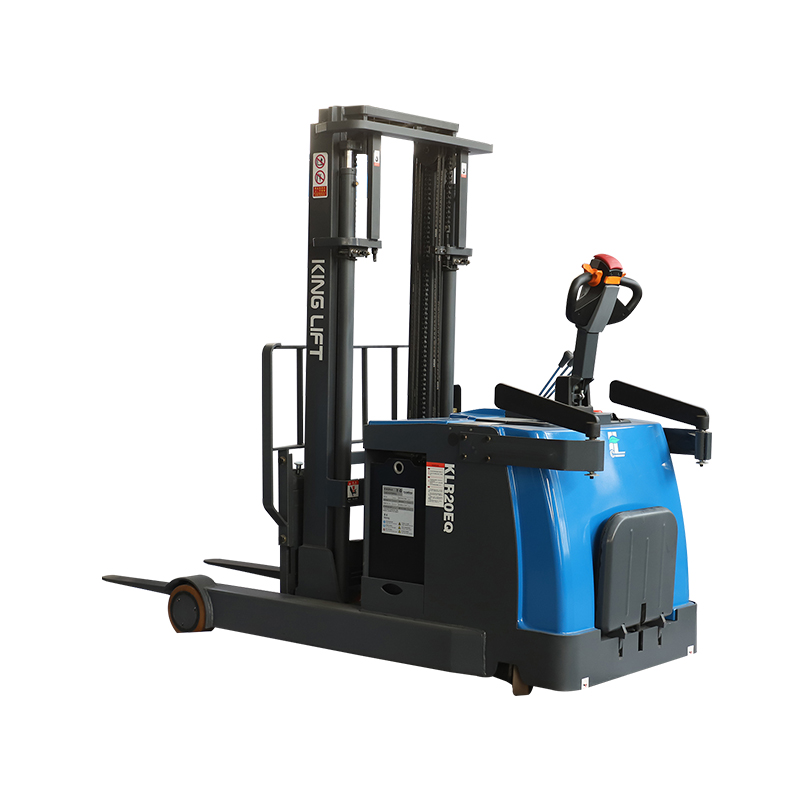 Jan 01,2026
Jan 01,2026
As warehouse operations continue to evolve toward higher density storage, greater efficiency, and lower environmental impact, material handling equipment has un...
 Dec 25,2025
Dec 25,2025
In modern industrial environments, forklifts are indispensable machines that help streamline operations. Among the various types available, the electric counter...
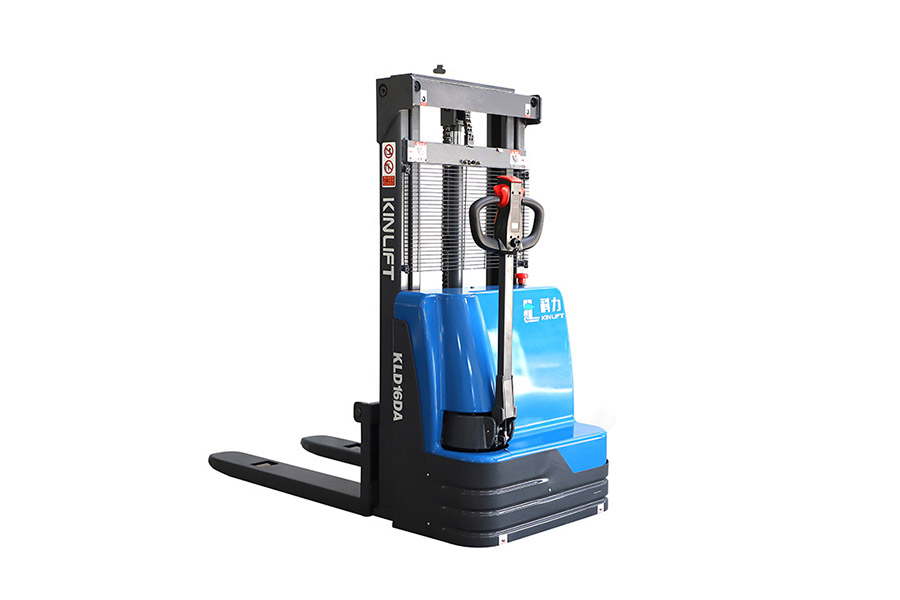 Dec 18,2025
Dec 18,2025
Electric lift trucks, also known as warehouse electric lift trucks, are essential for improving productivity and ensuring efficiency in warehouse operations. In...
 Dec 11,2025
Dec 11,2025
Electric counterbalance forklifts are essential machines in many industries, providing efficient lifting and transportation solutions within warehouses and dist...
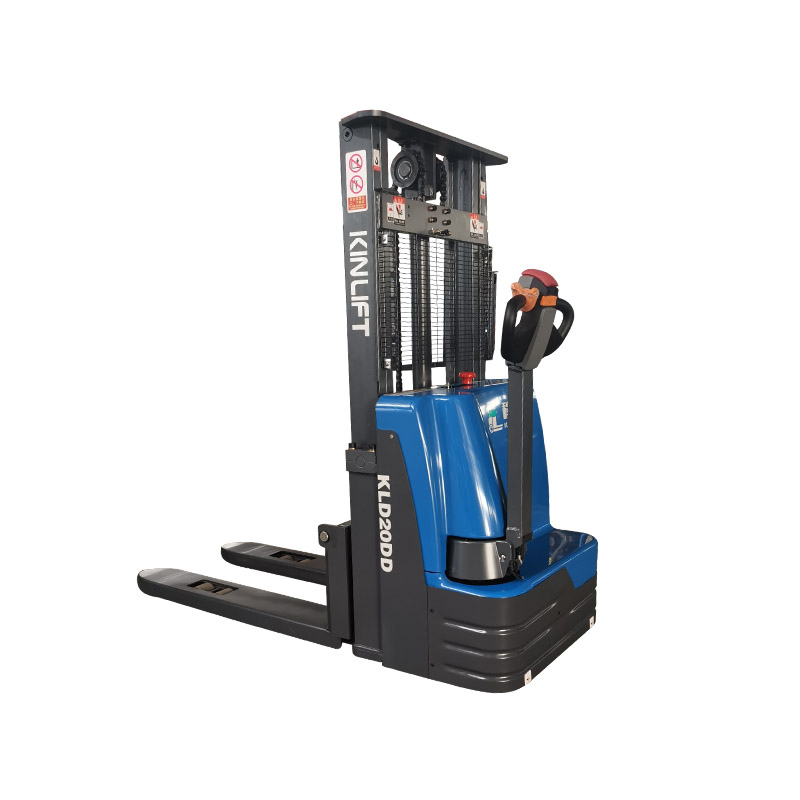 Dec 04,2025
Dec 04,2025
Introduction Warehouse operations require the use of heavy-duty equipment to handle materials efficiently and safely. Among the essential pieces of machinery in...
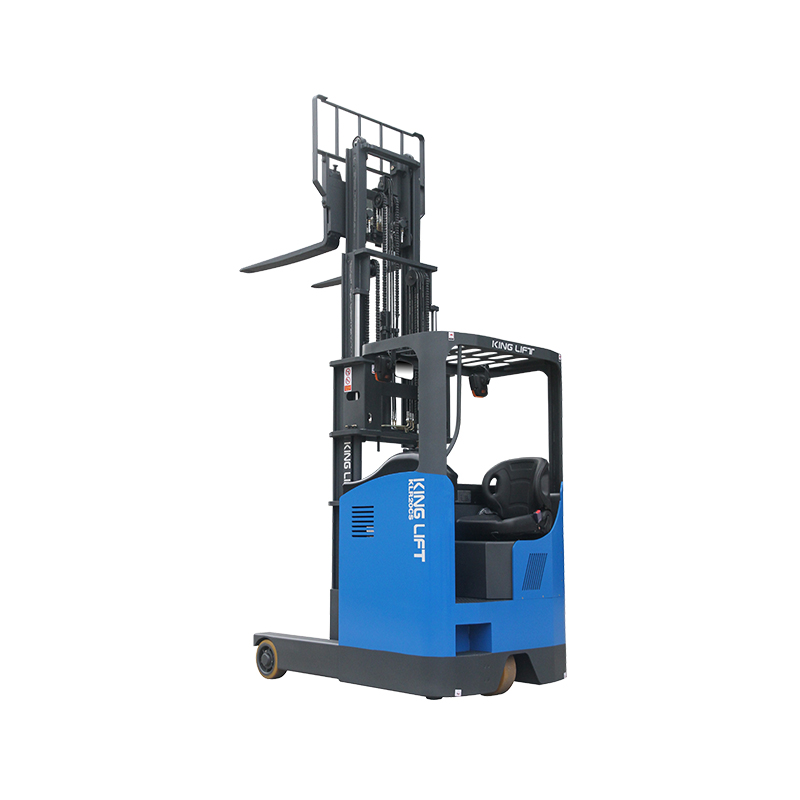 Nov 27,2025
Nov 27,2025
In the modern logistics and warehousing sector, the demand for efficient, safe, and cost-effective material handling equipment has never been higher. Among the ...
 Nov 20,2025
Nov 20,2025
Efficient warehouse operations are increasingly relying on modern material handling solutions. Among these, warehousing electric forklifts have become a corners...
 Nov 13,2025
Nov 13,2025
Warehouses and distribution centers are evolving rapidly, driven by increasing demand for efficiency, sustainability, and operational safety. Forklifts remain c...